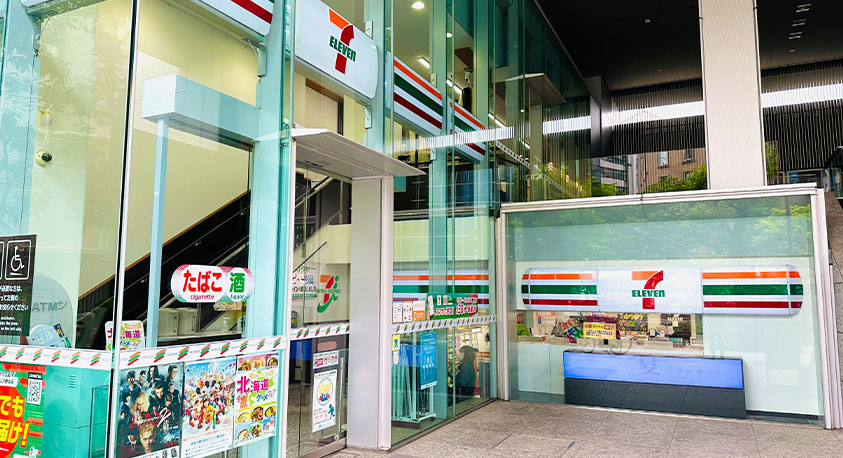Managing millions of daily retail transactions
How Seven-Eleven Japan cut the time needed to share data with stores, vendors and customers from more than one day to just two minutes in the cloud
When he stepped into his role at Seven-Eleven Japan (SEJ) in 2019, the company’s head of information and communications technology saw he had a problem: IT was constraining growth.
“We faced the urgent need to address the challenges of complex IT systems and vendor lock-in against the background of business expansion,” Izuru Nishimura explains.
Solving this would require an overhaul of SEJ’s IT infrastructure. The company needed a data strategy that could match the speed of its business expansion. So Mr Nishimura and his team turned to Google Cloud. What they discovered exceeded their expectations. In the cloud, key data about customer sales could be shared across Japan within minutes, store owners could save time restocking shelves and artificial intelligence (AI)-powered recommendations could help to drive sales.

Sharing data quickly is the key to success
SEJ’s 21,000 stores are independently owned, but depend on common systems to share data such as inventory and customer interactions. The stores are extremely popular, averaging 1,000 customers a day, who generate millions of transactions – and petabytes of data. But SEJ’s ageing systems could not keep up with processing such large amounts of data, preventing the company from using real-time data for orders and other critical functions.
After examining proposals for upgraded versions of SEJ’s existing systems, Mr Nishimura and his team headed in a different direction, opting for a cloud-first architecture that would eliminate inflexible, difficult-to-update, on-premise systems. Google Cloud was flexible, responsive, cost-effective and offered robust security and scalability.
Achieving financial resilience
Seven Central
In 2020, SEJ’s platform – Seven Central – went online in the cloud, sharing point-of-sale and other data across stores, ordering systems and business functions, and even data on customers browsing items available for home delivery.

Behind the scenes, Google Cloud’s streaming analytics collect and process real-time data before quickly routing it to SEJ business, customer and vendor applications. The set-up allows SEJ to separate its data from business processes for the first time, speeding up processing and enabling rapid upgrades in response to business needs. “In conventional system development, databases tend to be built around business logic,” Mr Nishimura explains.
That approach may work for a given use case, but cracking open siloed databases built for one purpose to use for another can be time-consuming and expensive. Seven Central’s cloud-based architecture lets SEJ developers reroute data to new or upgraded applications on the fly, so they can respond quickly to fast-changing business needs.
A platform for digital transformation
Designed to deliver data across the ecosystem in an hour, Seven Central now achieves this in one to two minutes.
“The phenomenally short development time compared to traditional on-premise systems is also worth noting,” Mr Nishimura says. “In the past, it would have taken at least a year to build the data infrastructure alone, but we managed to develop it in about six months.”
Rapid development has enabled SEJ to launch a host of new capabilities. For example, customers using SEJ’s 7NOW application, which pulls data from Seven Central, get deliveries from nearby stores in only 30 minutes. And thanks to Seven Central’s AI-powered ordering process, store owners save eight hours a week on inventory reordering tasks.
“We are still halfway through the process, but Google Cloud is a vital foundation of our digital transformation project,” Mr Nishimura says.


